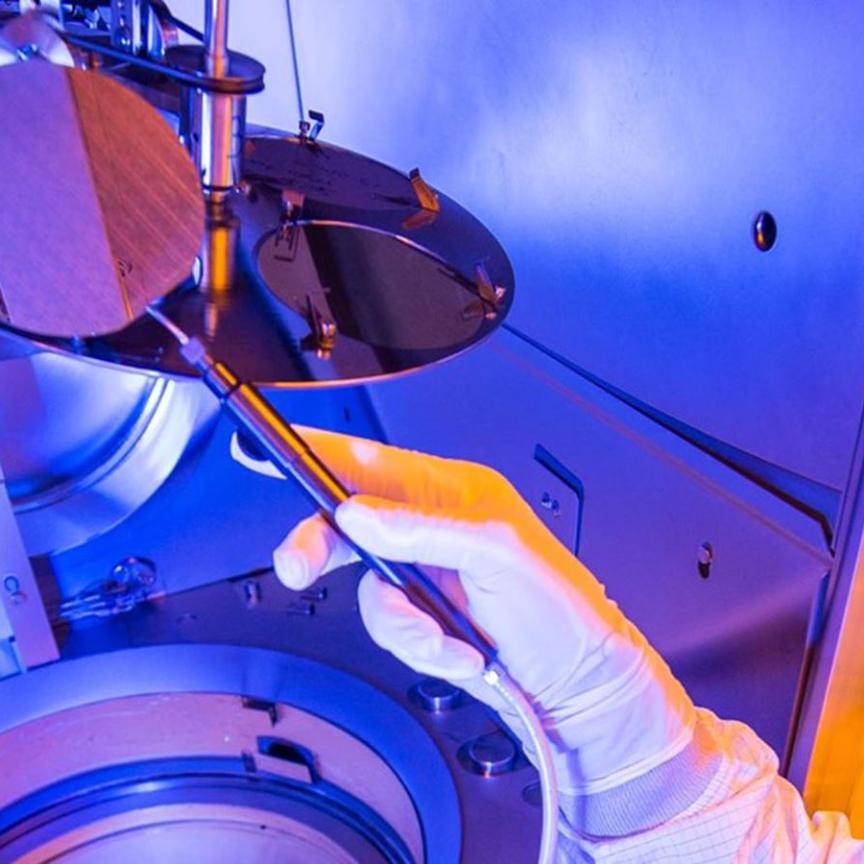The Laser Zentrum Hannover (LZH) research institute has set up a nationwide network in Germany to help optogenetics move from research to technologies and methods that benefit society. The group will work to connect research with politics and the economy, in order to advance the biomedical sciences field and the development of treatments for neurological diseases.
Optogenetics – a technology combining optics with genetic engineering – involves using light pulses to induce and observe muscle contractions, nerve impulses or certain intermediate metabolic products inside the body. The technique is often used in brain research, to activate neurons and monitor neuronal activity. In an optogenetics article for Electro Optics, Marco Arrigoni, director of marketing at Coherent, compared the technique to a subway map of London. 'Imaging is the equivalent of creating a map of all the lines. Optogenetics and signalling is the equivalent of having the subway map, plus controlling the trains and seeing where the trains go all of the time,' he said.
The goal of LZH's new network, called ‘Innovation Forum Optogenetics – Technologies and Potential’, is to encourage close cooperation between diverse branches of research spanning areas from molecular biology to laser physics. And, through intensive dialogue with the economy, the general public and political bodies, the consortium will work to transfer knowledge from the laboratories more quickly into innovative processes and products that benefit society.
The network will be established within the framework of Germany's Federal Ministry of Education and Research (BMBF) initiative, ‘Innovation forums for small and medium-sized enterprises (SMEs)’, which aims to encourage SMEs to generate new ideas and trendsetting applications based on current research results.
Related Feature: Storming the brain

